Egg Donation Resources
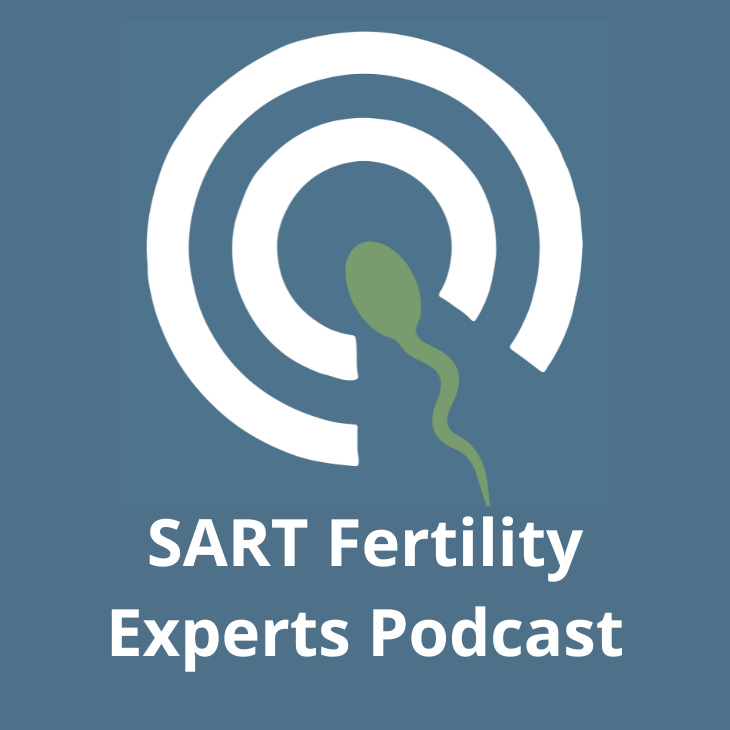
SART Fertility Experts - Egg Donor Screening
This podcast discusses who are typical egg donor candidates and also describes the screening process to be an egg donor and give the gift of life!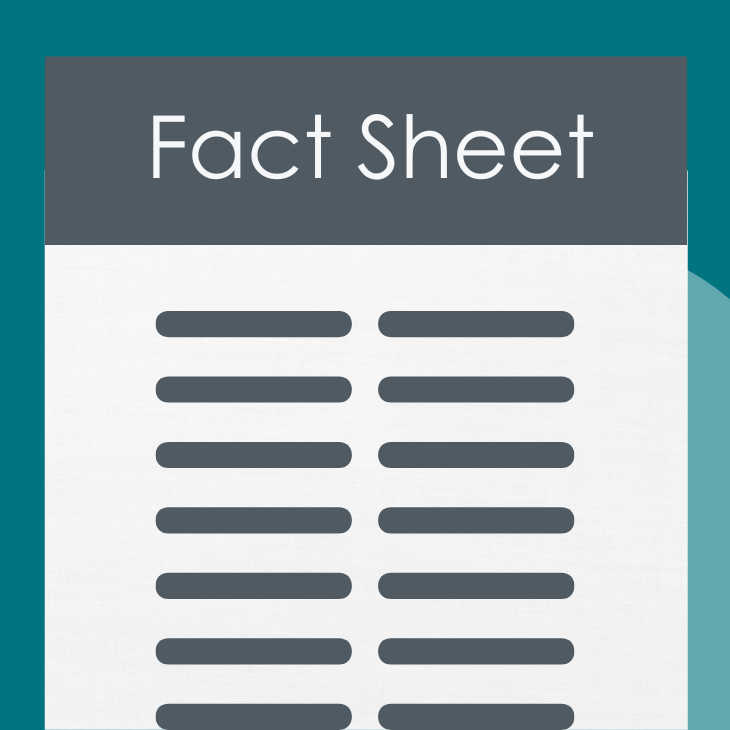
Egg Donation
Egg donation is when a woman (donor) gives her eggs to another woman (recipient) to allow the recipient to have a baby. To donate eggs, the donor must be given medications that will cause her to develop multiple eggs over a single cycle.
SART Fertility Experts - Egg Donor and Recipient
Yuki describes her challenges with infertility and pathway to parenthood through egg donation with Dr. Cristin Slater.

SART Fertility Experts - Fertility and LGBTQ
In this episode, Dr. Daniel Grow interviews Dr. Mark Leondires, the founder of Gay Parents To Be.
Gamete (Eggs And Sperm) And Embryo Donation
Gamete and embryo donation is using eggs, sperm, or embryos from someone else in order to help an intended parent(s) have a child. Intended parent is the term used for the person(s) who will raise the child(ren).
What do I need to know about Turner syndrome and having children?
Turner syndrome (TS) is an infrequent genetic disorder in females.
SART Fertility Experts - Donor Eggs: Fresh or frozen?
This episode examines who is best suited for egg donation, what qualifies an egg donor, the difference between using fresh vs. frozen eggs, and more.
Donor Eggs Fresh Or Frozen?
This SART micro-video will briefly review the options of using fresh and frozen donor eggs.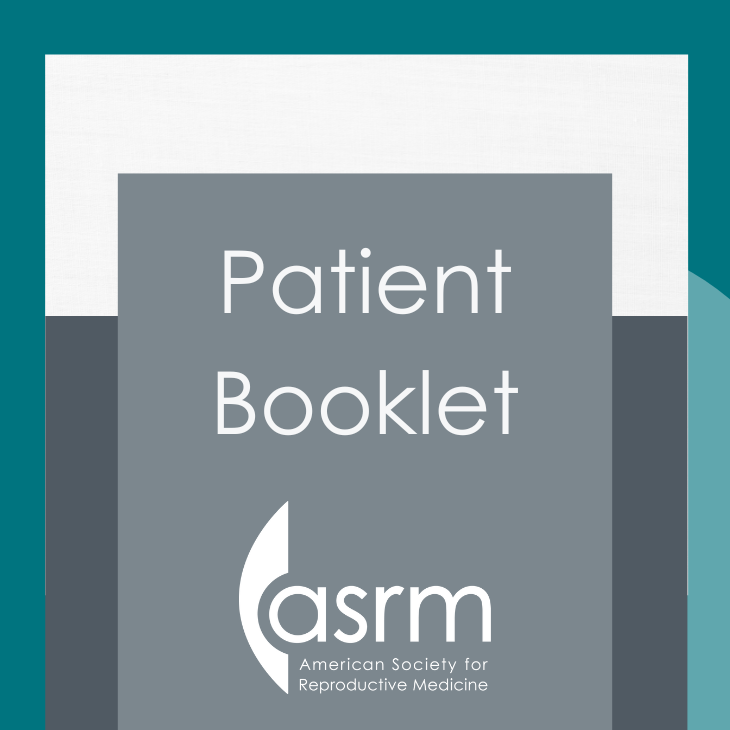
Third-Party Reproduction
The phrase “third-party reproduction” refers to involving someone other than the individual or couple that plans to raise the child (intended parent[s]) in the process of reproduction.
Who Needs An Egg Donor?
The decline in fertility corresponds with the loss of eggs as females age. At birth this number declines from 6 to 7 million eggs to approximately 1 to 2 million.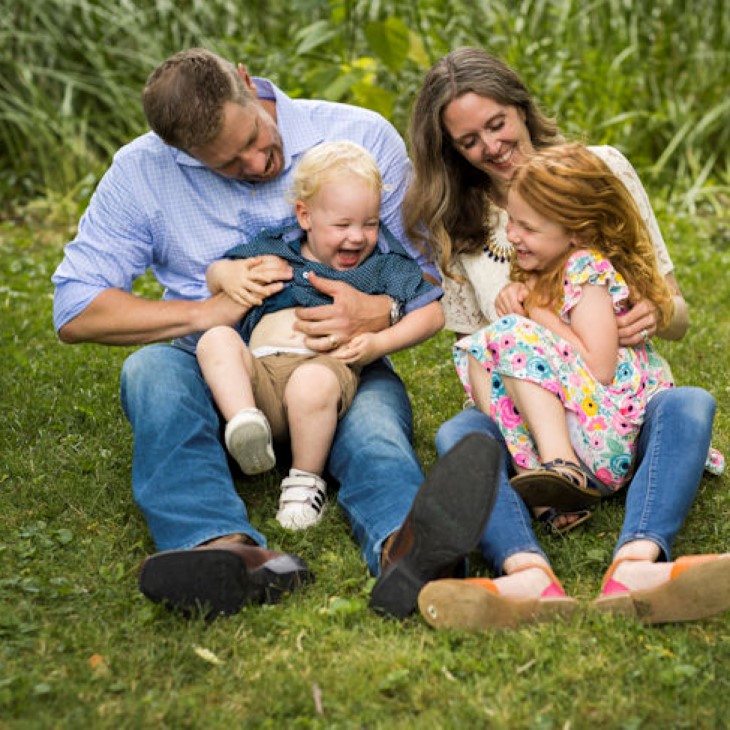
Mary Dolan's Story
I was diagnosed with diminished ovarian reserve/premature ovarian failure at 28 years old.
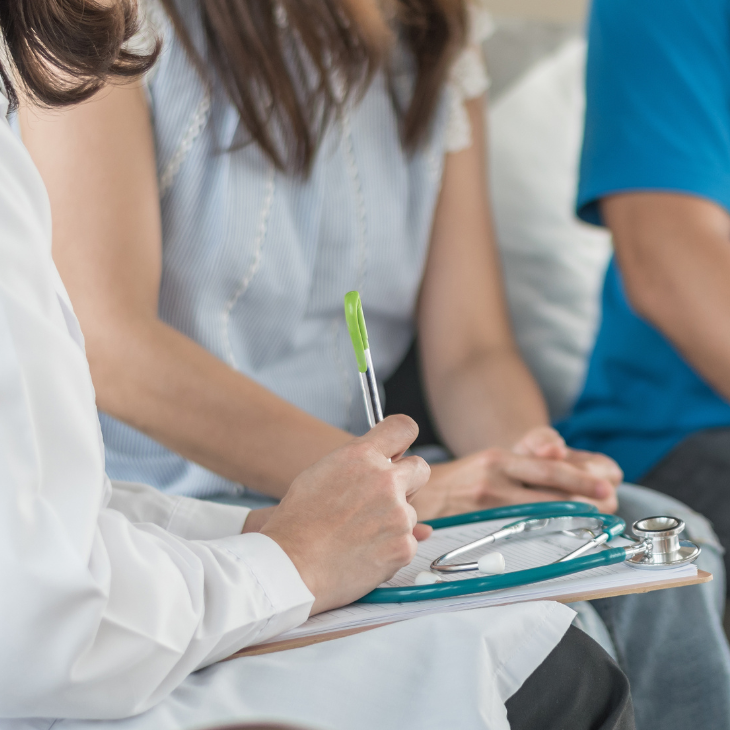
SART FAQ About IVF
Created by the Society for Assisted Reproductive Technology (SART) the following are answers to frequently asked questions concerning in vitro fertilization (IVF).Find a Health Professional
Connect with reproductive medicine experts who will guide you through your unique journey. Our search tool allows personalized matches based on location, specialization, and expertise. Take control of your reproductive health with compassionate providers, innovative treatments, and unwavering support.
Search for an Expert










